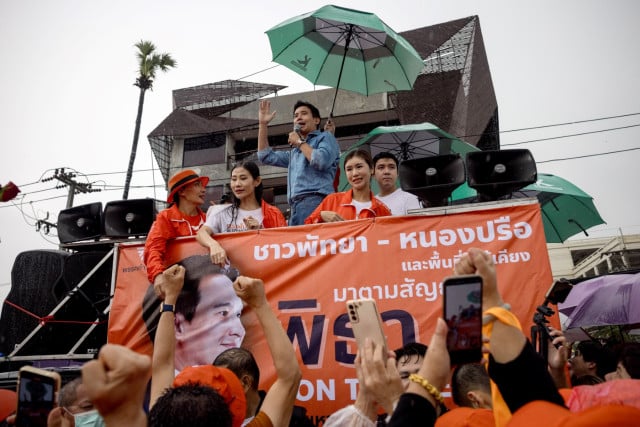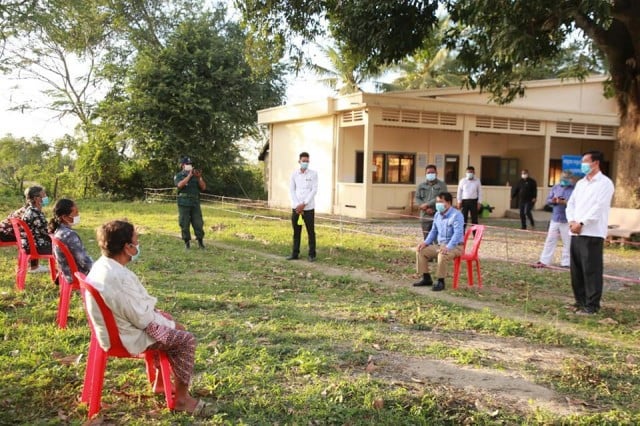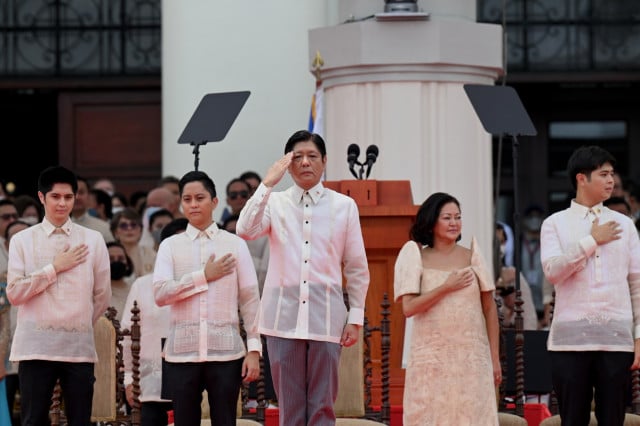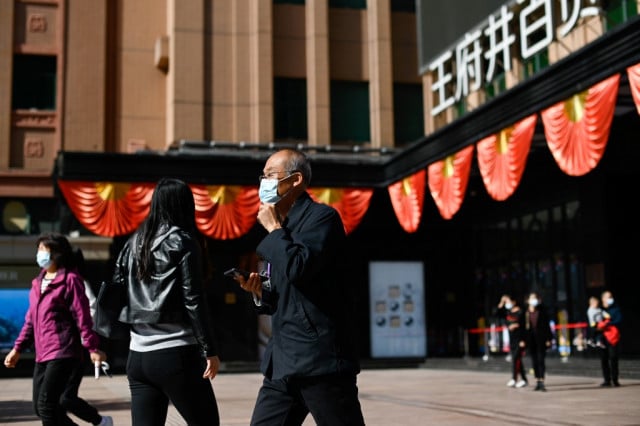Opinion: Thailand’s Fragile Democracy Faces Another Reckoning after Prime Minister Vote

- By Long Sovitou
- July 29, 2023 2:25 PM
The recent rejection of Pita Limjaroenrat's re-nomination for prime minister by the Thai parliament in the second round of voting represents a serious setback for the country's fragile democracy.
Pita’s Move Forward Party emerged from the May elections with the most seats, demonstrating a clear progressive mandate from voters ready for change after years of military rule.
However, the complex rules governing the National Assembly, including the junta-appointed Senate, have once again thwarted the will of the voters.
While the procedural grounds cited for blocking Pita's re-nomination after an initial failed vote may be technically correct, the spirit behind the regulations can be seen as undemocratic.
The Senate was handpicked by the previous military government and leans heavily conservative, while the Constitutional Court has shown a pattern of judicial overreach in political matters.
As Members of Parliament were debating the possibility of Pita’s renomination, the Constitutional Court had decided to suspend Pita Limjaroenrat's eligibility to serve in parliament due to media shareholdings.
This comes after a complaint was filed by the Election Commission against the Move Forward Party leader accusing him of violating election laws for allegedly holding shares in a media company. Previously, Pita has denied he broke election rules and previously accused the Election Commission of rushing the case to court.
Pita accepts his suspension as MP gracefully but sees it as an anti-democratic move by entrenched powers. He hopes parliament will continue the pro-democracy fight through lawful means.
After lengthy debates among MPs, the parliament rejected the request to renominate Pita by a vote of 394 to 312. This effectively made Pita's attempt to become Thailand's 30th prime minister obsolete.
Together, these political arrangements present roadblocks at every turn for the broad pro-democracy coalition that now controls a majority in the lower house. By the end of the second round of voting, Thailand once again witnessed an struggle for democratic reforms.
The eight-party alliance led by Pheu Thai and Move Forward must regroup and strategize carefully before nominating a new candidate for prime minister. They cannot afford any missteps, as parliamentary rules prohibit a nominee from standing more than once. However, the coalition should not sacrifice its principles or policy agenda to appease the Senate and court. Doing so would betray the mandate given by the coalition’s supporters.
Nevertheless, it is noteworthy that Pheu Thai could abandon its coalition with Move Forward as they are looking to breeze past the institutional obstacles gain trust and support from the Senate by not affiliating with sensitive structural reforms proposed by Move Forward.
Despite the possibility of a breakup between the two most-voted parties, it is almost certain that Pheu Thai will have to think carefully on whom they should nominate next as Prime Minister candidate.
Pheu Thai's 3 candidates - Srettha Thavisin, Paetongtarn Shinawatra, Chaikasem Nitisiri - are to be considered for the next prime minister nomination. Paetongtarn told the press that the party may nominate Srettha.
Regardless of who will be nominated, Pheu Thai will face difficulties ahead in its bid to form a government with its current eight-party coalition as Bhumjaithai will not join a Pheu Thai-led coalition if the Move Forward Party is included, according to party leader Anutin Charnvirakul.
Considering that Bhumjaithai retains a sizable number of seats just behind Move Forward and Pheu Thai, we also can't completely rule out the chance that Anutin forms a new alliance to go up against the current coalition.
Thailand has endured a long period of a military-led government under General Prayuth, and many people were hopeful to see meaningful changes after the May elections.
The latest actions by the Senate and court prove the old order is fighting hard to cling to power. The establishment, which consists of the monarchy, the military and the bureaucracy, views itself as the guardian of the nation and the protector of the monarchy, which it considers to be the source of legitimacy and stability in Thailand.
The establishment fears that Pita's democratic and social reforms would undermine its power and privilege, as well as erode the traditional values and culture of Thailand.
Ultimately, the Thai people's call for transparent democracy, social changes, and equal justice cannot be suppressed forever. Pro-democracy protesters have returned to the streets in response to the setbacks in parliament.
Their numbers will only grow if the will of the voters continues to be denied. The time has come for Thailand's institutions to consider the voice of the people, or risk unwanted social unrest and instability.
Long Sovitou is a Junior Research Fellow at the Center for Southeast Asian Studies (CSEAS), Institute for International Studies and Public Policy. The opinions expressed are those of the author and do not represent the views of his affiliations.















